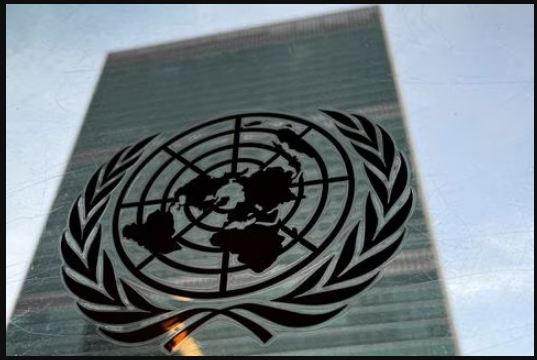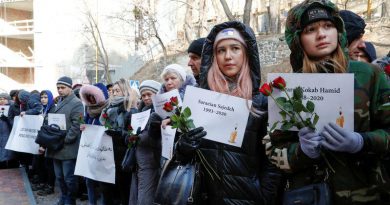Aid restrictions by Myanmar junta may be war crimes: UN
Geneva (Reuters) – The Myanmar military rulers’ restrictions on life-saving aid are growing and may amount to war crimes such as degrading treatment, starvation, and collective punishment, a U.N. human rights report said on Friday.
The report by the U.N. rights chief says the military has established an “all encompassing system of control” since a Feb. 2021 coup and said urgent steps are needed to meet people’s fundamental needs and rights.
Soldiers have targeted medical facilities, burnt food stores, destroyed water wells and even killed a group of three displaced people for trying to return to their village and grow food, it said.
Up to 40 aid workers have been killed in the country since the coup, some of whom were deliberately targeted, it said.
“In the context of armed conflicts, the intentional obstruction or denial of humanitarian assistance may constitute war crimes such as wilful killing, torture and other degrading treatment, starvation, and collective punishment.”
A spokesperson for Myanmar’s military could not immediately be reached for comment. The junta has denied targeting civilians and says its operations are against “terrorists” who seek to destabilise the country.
Overall, the U.N. report said at least 3,452 people had died at the hands of the military and its affiliates, and 21,807 individuals had been arrested since the military takeover through to April 2023, citing “credible sources”.
“Aid providers are consistently exposed to risks of arrest, harassment or other mistreatment, or even death,” U.N. human rights spokesperson Ravina Shamdasani told a media briefing.
Around 17 million people in the country or about a third of the population are in need of assistance, the U.N. says. The U.N. humanitarian office says agencies still lack approvals to directly provide assistance to those impacted by Cyclone Mocha that hit parts of the country in May.
“They’re (the military leaders) trying to sell a climate of fear in order to dissuade the vast majority of civilians from providing any form of support either to the armed groups, or to basically scare them into supporting or at least accepting the military as the rulers of the country,” James Rodehaver, head of the Myanmar team, said at the same briefing.



